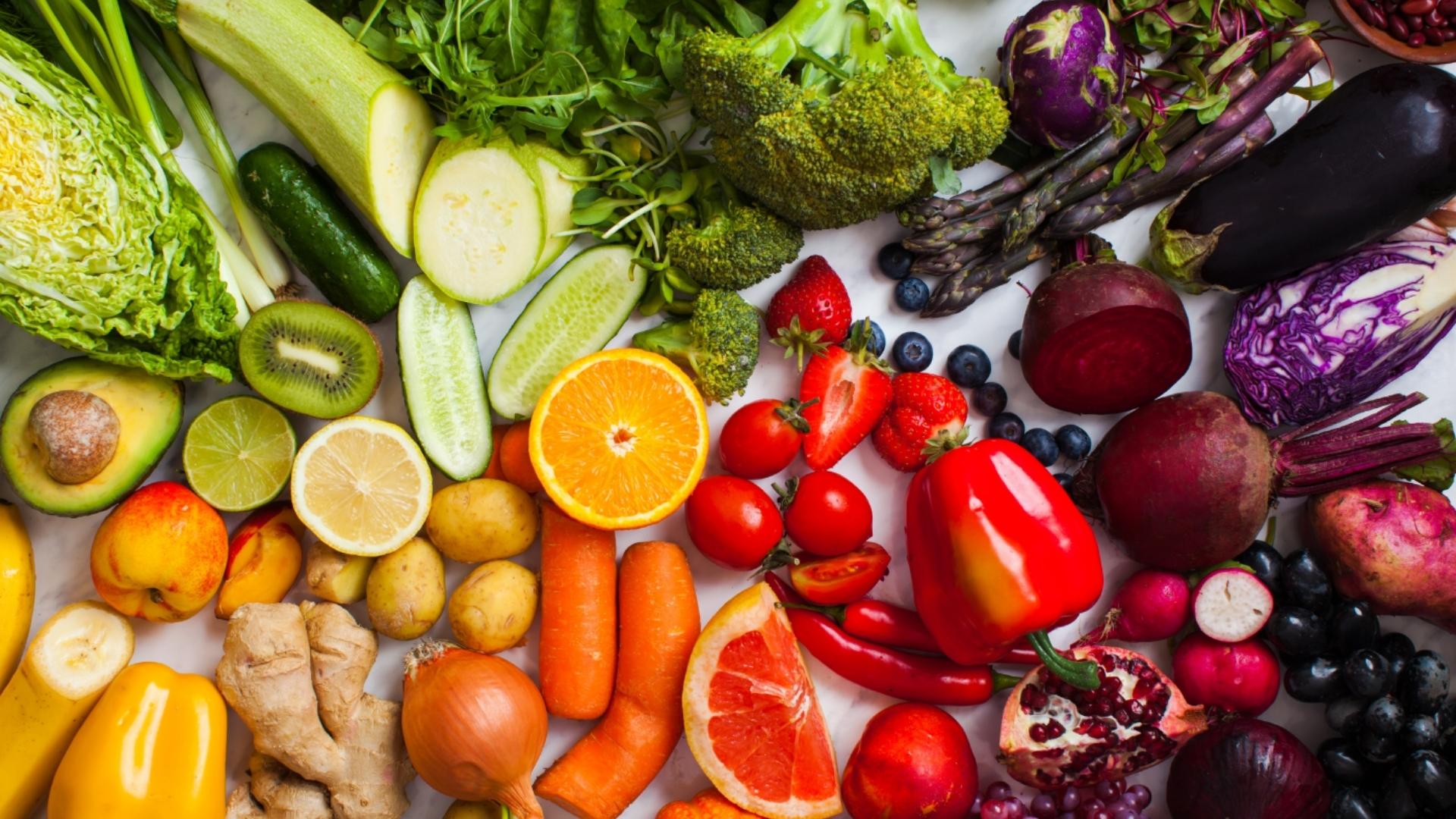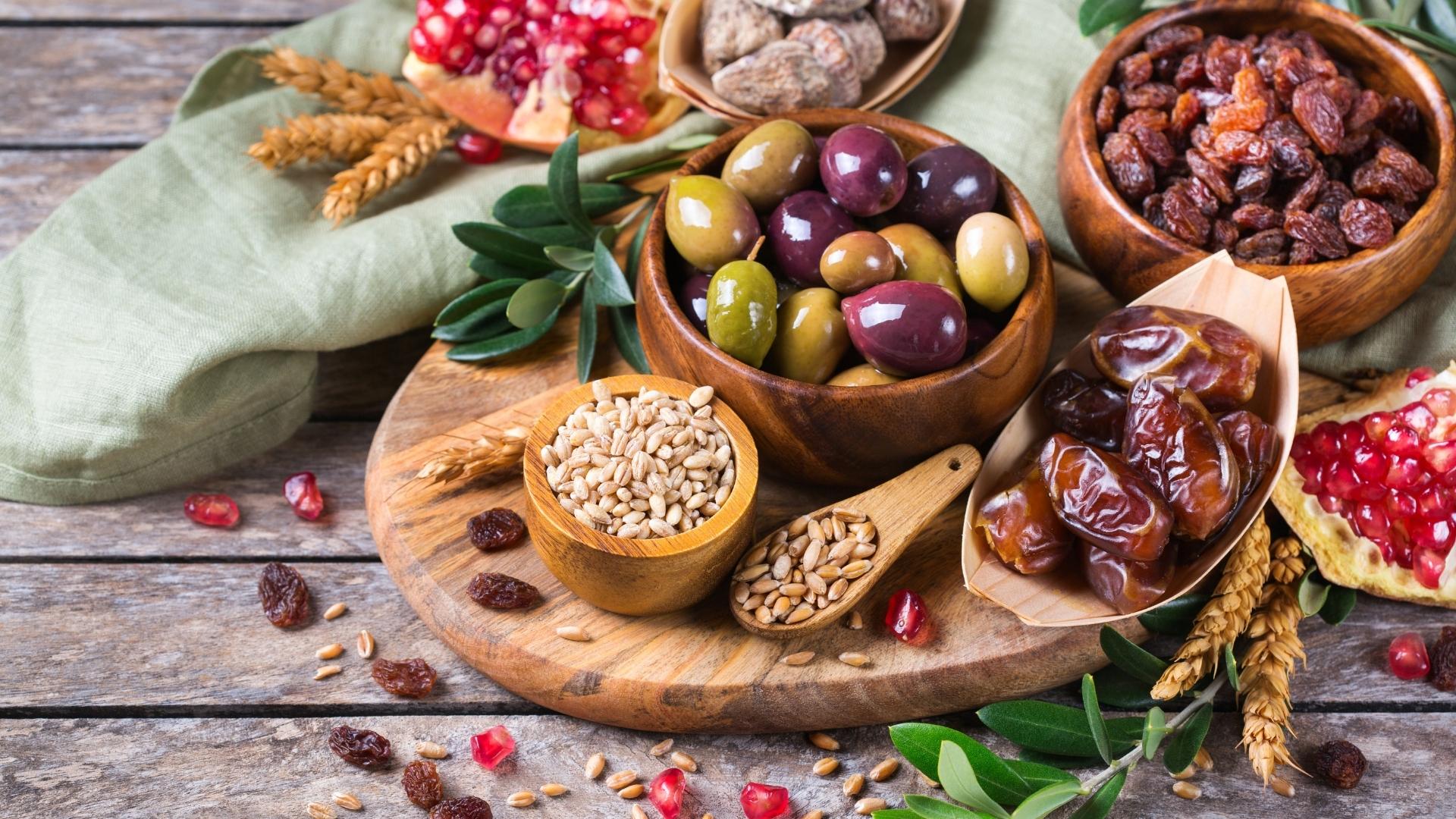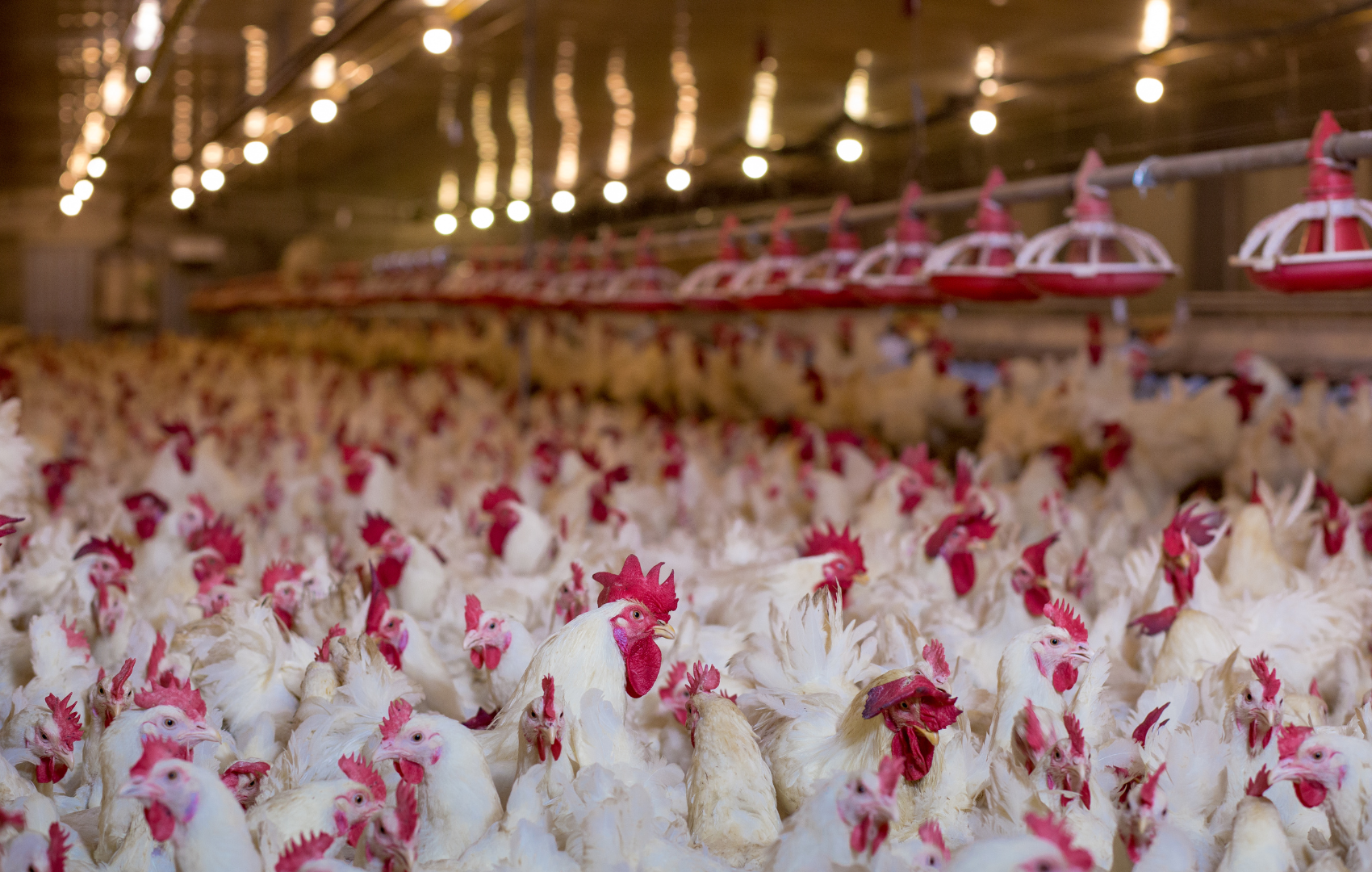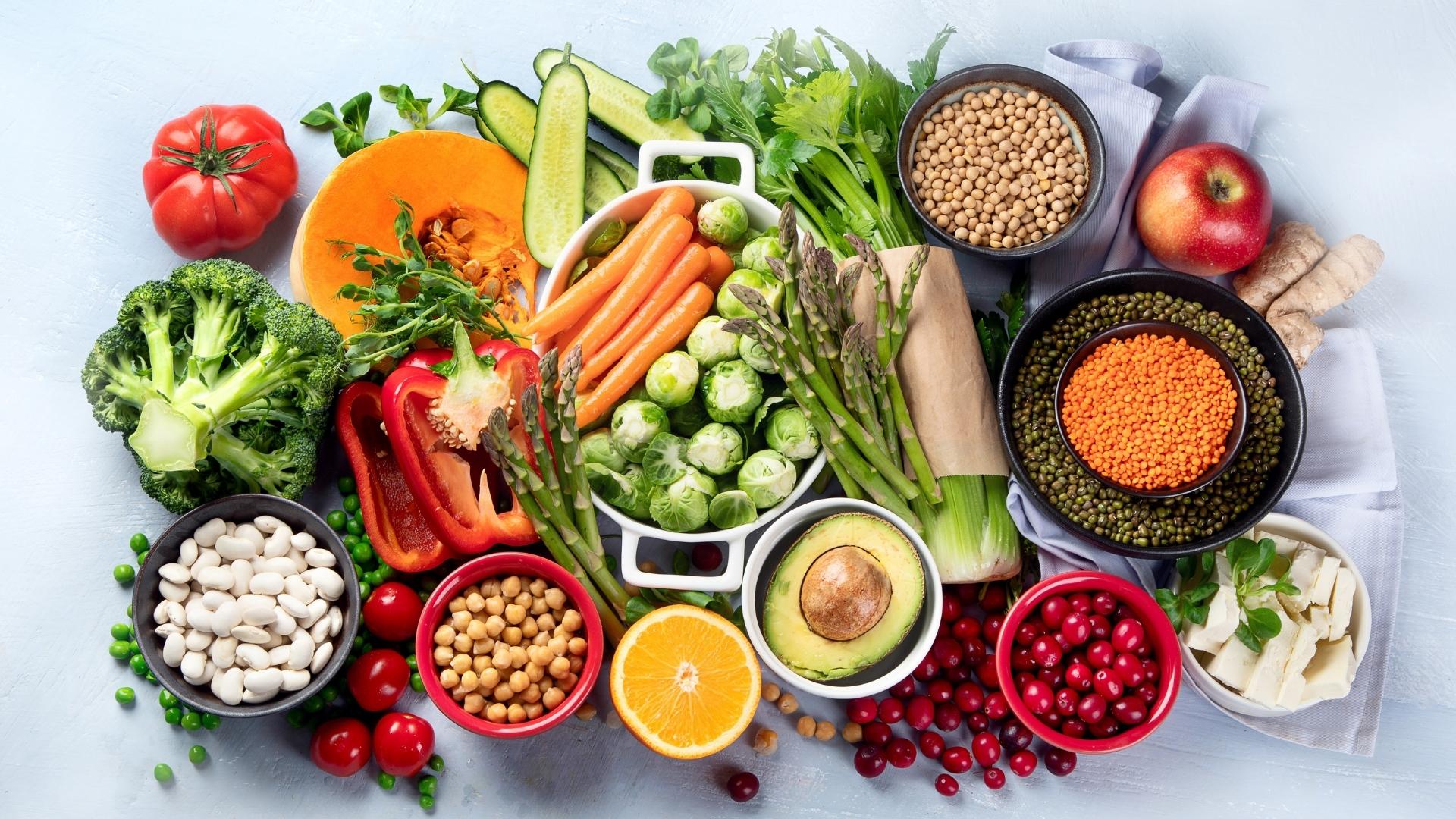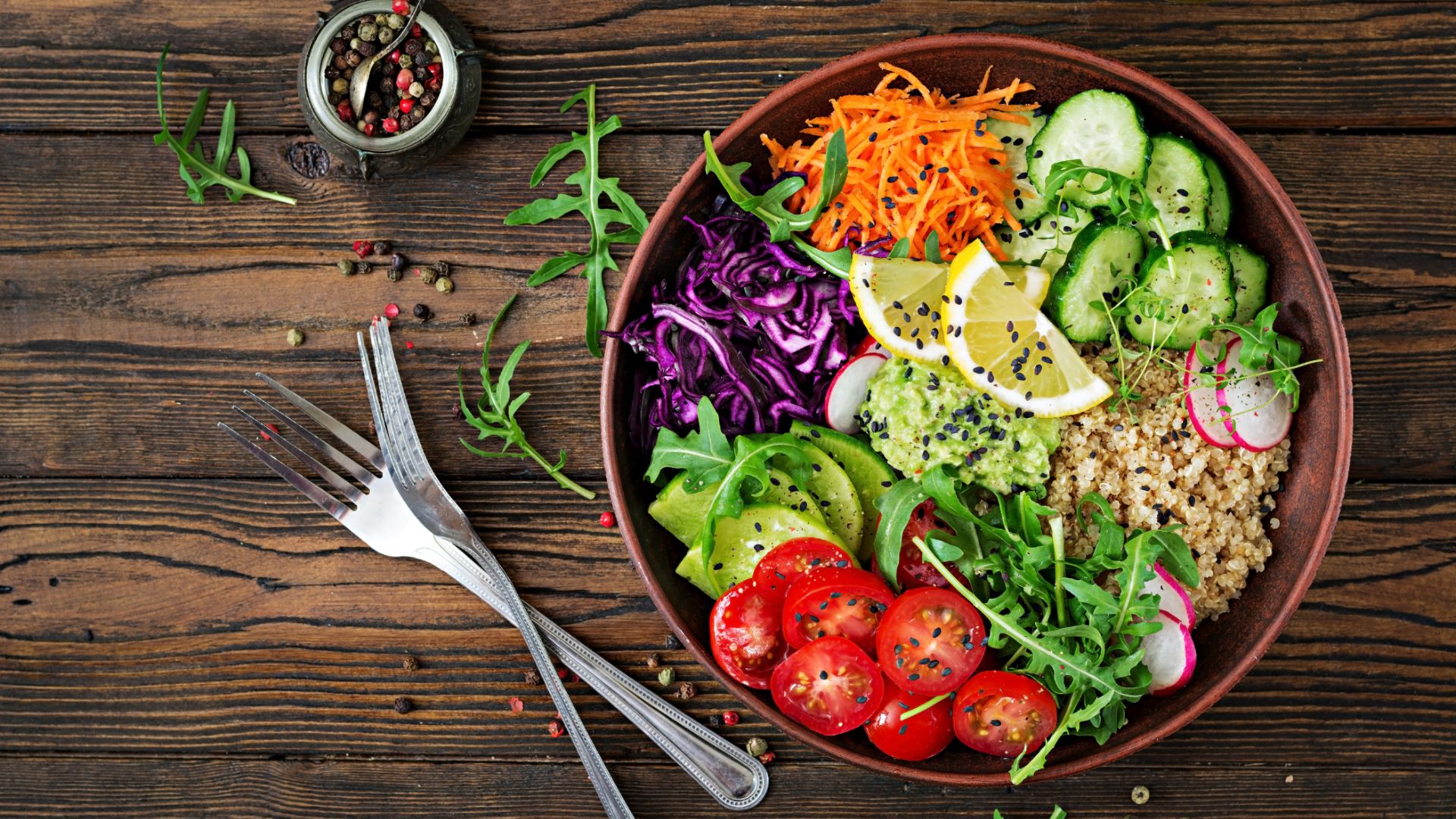Guarding the Body
The Torah might not devote as much of its scroll to protecting our health as it does to protecting animals.
But living a healthy lifestyle is nonetheless a high priority in Jewish thought. In fact, the rabbis instruct us to ignore mitzvot—such as fasting on Yom Kippur—if performing the mitzvah would impair our health.
Leading rabbis through the ages have urged us to take good care of our physical as well as our spiritual selves.
Maimonides, who was not only one of our greatest sages but also a physician, stated:
“Since maintaining a healthy and sound body is among the ways of God… one must avoid that which harms the body and accustom oneself to that which is helpful and assists the body become stronger.”
— Mishneh Torah, Hilchot Deot 4:1
When it comes to what we eat, it’s fair to say there is a good deal of debate about what constitutes the healthiest diet. But there is wide agreement among doctors and nutritionists about one point: The average person is not eating nearly enough fruits and vegetables.
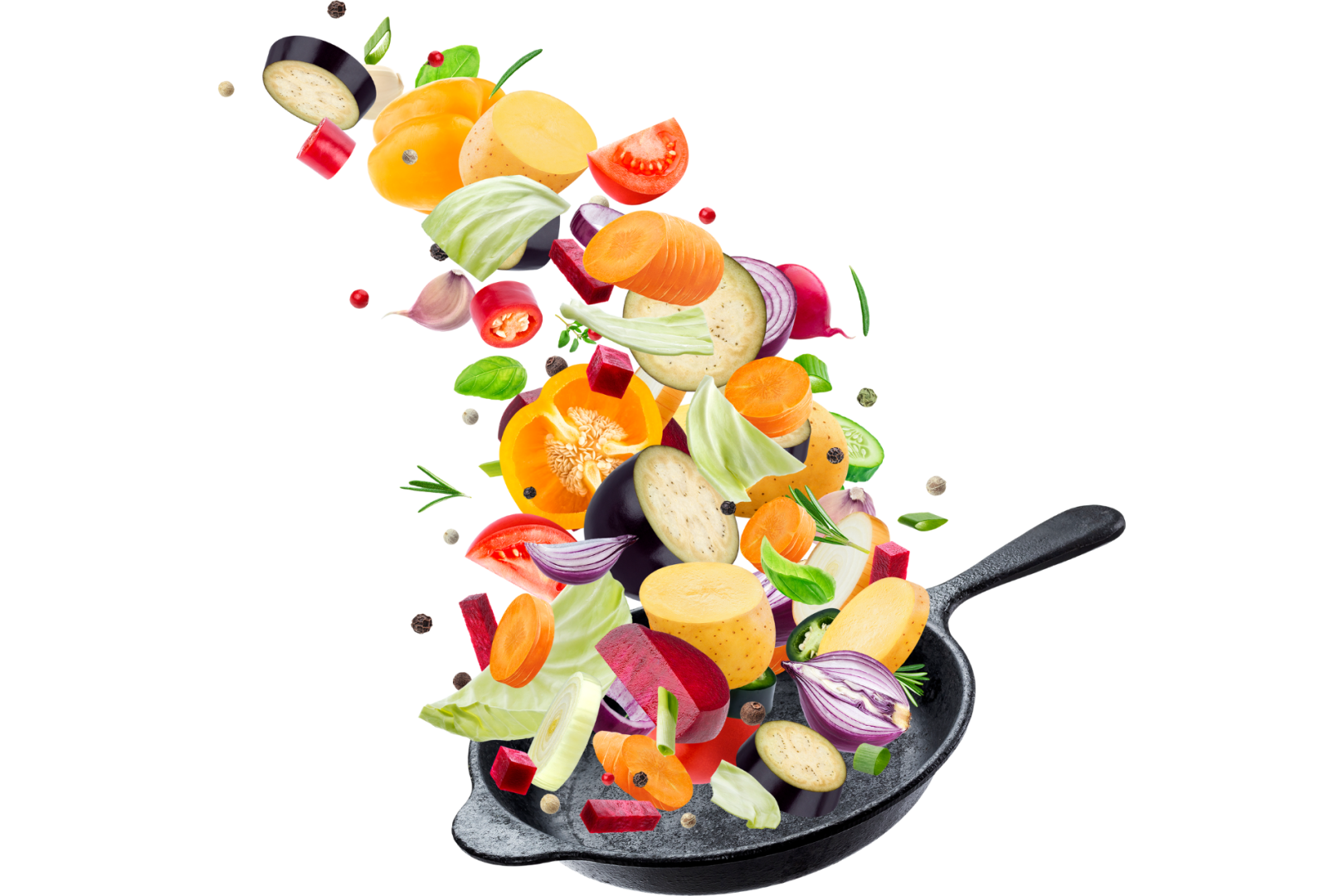
In fact, the top nutrition studies—those that follow a large number of people over a long period of time—have all reached the same general conclusion: Eat plants, not meat. Examples include the Oxford-Cornell-China study, the study of plant-based Seventh-Day Adventists over twelve years, and the Esselstyn heart disease study.
These studies have shown that vegan diets are associated with lower rates of cancer, heart disease and premature death, even when other factors, such as smoking and exercise, are controlled for.
It is true that these results, while eye-opening, are based on the health outcomes of 100,000s of people. On the level of the individual, a wide range of outcomes on the health spectrum are possible. Furthermore, vegan diets themselves can vary tremendously.
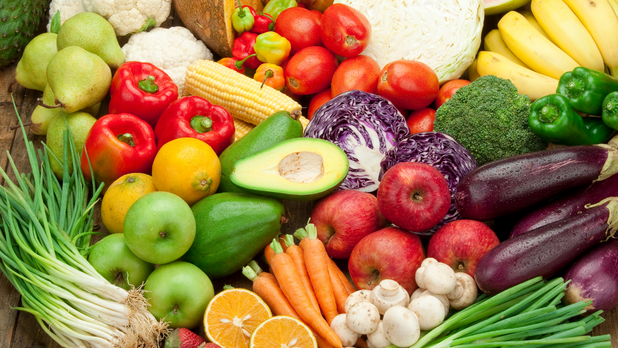
However, generally speaking, a vegan diet consisting primarily of unprocessed or lightly processed fruits, vegetables, legumes, nuts, seeds, and spices is considered an ideal way to meet most people’s nutritional needs.
In fact, long before the advent of nutritional studies, the Torah itself pointed us toward a plant-based diet. Not only do we find veganism in Genesis 1:29, it pops up again in the Book of Deuteronomy:
כִּ֚י יְהֹוָ֣ה אֱלֹהֶ֔יךָ מְבִֽיאֲךָ֖ אֶל־אֶ֣רֶץ טוֹבָ֑ה אֶ֚רֶץ נַ֣חֲלֵי מָ֔יִם עֲיָנֹת֙ וּתְהֹמֹ֔ת יֹצְאִ֥ים בַּבִּקְעָ֖ה וּבָהָֽר׃
For Adonai your God is bringing you into a good land, a land with streams and springs and fountains issuing from plain and hill;
אֶ֤רֶץ חִטָּה֙ וּשְׂעֹרָ֔ה וְגֶ֥פֶן וּתְאֵנָ֖ה וְרִמּ֑וֹן אֶֽרֶץ־זֵ֥ית שֶׁ֖מֶן וּדְבָֽשׁ׃
a land of wheat and barley, of [grape]vines, figs, and pomegranates, a land of olive trees and [date] honey;
אֶ֗רֶץ אֲשֶׁ֨ר לֹ֤א בְמִסְכֵּנֻת֙ תֹּֽאכַל־בָּ֣הּ לֶ֔חֶם לֹֽא־תֶחְסַ֥ר כֹּ֖ל בָּ֑הּ
a land where you may eat food without stint, where you will lack nothing.
—Deuteronomy 8:7-9
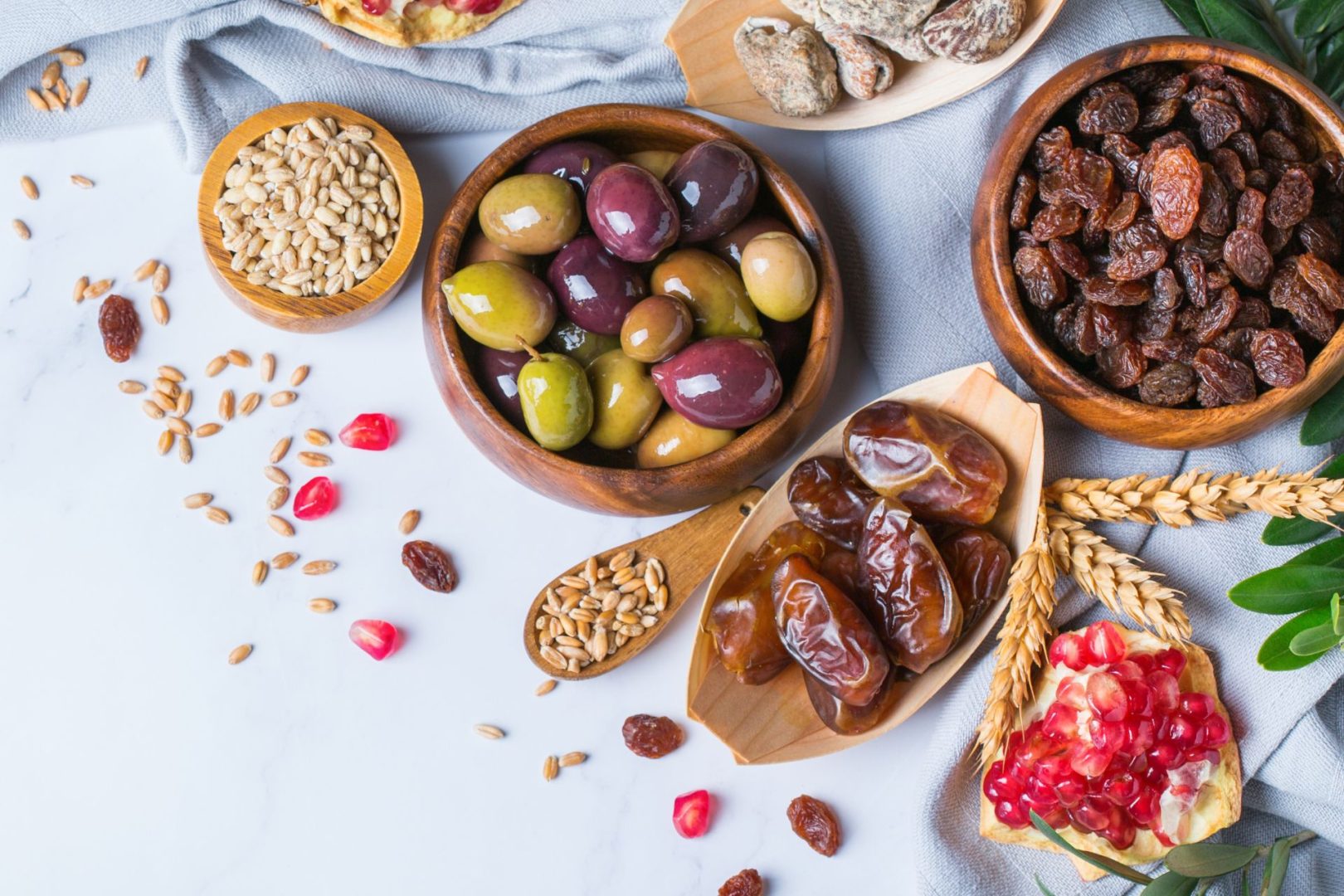
Those foods listed above—wheat, barley, grapes, figs, pomegranates, olives, and dates—are the Shivat Haminim, the seven sacred species of the biblical land of Israel. It is of these that we are told to eat and be satisfied: the natural and abundant plant foods of the land.
And there is another dimension to the need for healthful and widely accessible foods, one we have all been immersed in since (at the latest) 2020. It is no longer possible to ignore that the life and well-being of one member of the community is interdependent on the health and well-being of all. And zoonotic diseases, diseases that spill over from nonhuman animals to human ones, pose a terrible threat to all of us that must be addressed.
Factory farms and slaughterhouses are incredibly dangerous: for the workers, for those who are forced to live nearby (often a form of environmental racism), and for all of us. Billions of sick animals living and dying virtually on top of each other in unclean conditions is an animal rights crisis, but it’s a human health crisis, too. After all, avian flu, swine flu, E. coli, and many, many others originated in factory farms, and Covid-19 and monkeypox are zoonotic in origin as well.
.וְכָל הַמְקַיֵּם נֶפֶשׁ אַחַת מִיִּשְׂרָאֵל, מַעֲלֶה עָלָיו הַכָּתוּב כְּאִלּוּ קִיֵּם עוֹלָם מָלֵא
Our sages wrote:
And anyone who sustains one soul from Yisrael, the verse ascribes him credit as if he sustained an entire world.
—Mishnah Sanhedrin 4:5
Pikuach nefesh, saving a life, overrides nearly every other mitzvah in all of Jewish law. Every sentient being is an entire world. Each of us deserves nutritious, flavorful, and abundant food to sustain and delight that world—and all of us deserve to live safely and joyfully in a close, loving, and responsible community.
